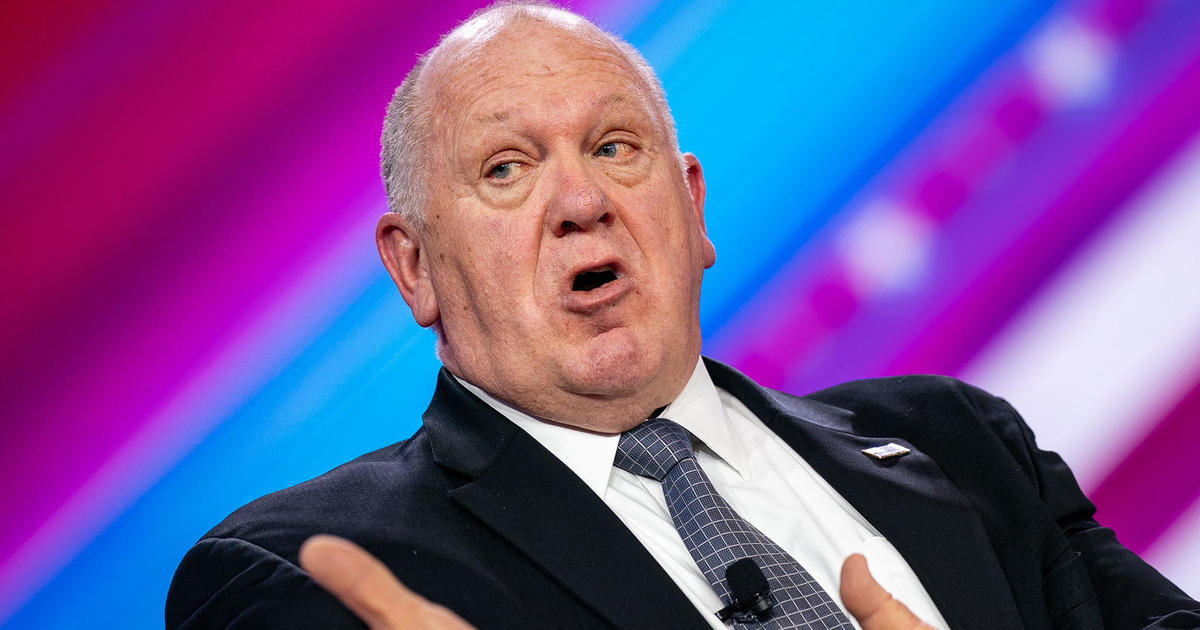Border Patrol Chief Jason Owens expressed enthusiasm for the appointment of former Border Patrol agent Tom Homan as Trump’s incoming border czar. In an interview with Fox News, Owens praised Homan’s background and expressed hope for his leadership in addressing border security and deportations.
Owens emphasized that interior enforcement and deportations are crucial as a consequence for those entering the U.S. illegally. This appointment comes amid ongoing tensions between Border Patrol agents and the Biden administration over its handling of the southern border crisis.
Owens highlighted the challenges his agents face after years of record-high encounters at the southern border. While number of border crossings have recently declined due to a proclamation limiting asylum signed by President Biden, Owens noted that cartels are evolving their strategies to bypass enhanced border security measures.
He identified fentanyl and the violent Venezuelan gang Tren de Aragua (TdA) as two of the most pressing threats, both of which are top priorities for his agency. TdA has been linked to serious crimes across the U.S., further emphasizing the urgency of addressing their activities.
The Border Patrol has also been grappling with the issue of “gotaways,” an estimated 250,000 individuals who evade apprehension at the border. Owens emphasized the risks posed by unknown entrants and the critical need to direct all migrants through proper legal channels.

He raised concerns about the intent of those avoiding official processes and the potential dangers they might pose to the U.S. This uncertainty, combined with challenges in vetting migrants from nations lacking diplomatic ties with the U.S., compounds the agency’s difficulties.
Owens also pointed to the psychological toll on agents tasked with preventing illicit activities, such as drug smuggling and unauthorized border crossings. For Owens, the stakes are personal and high—every missed apprehension could have life-altering consequences for Americans.
He underscored the importance of vigilance and the need for robust systems to manage border security and prevent threats from slipping through the cracks.
As the Border Patrol navigates these multifaceted challenges, Owens remains optimistic about the future under Homan’s leadership.
He sees Homan’s appointment as a chance to strengthen enforcement, improve morale among agents, and address evolving threats such as drug cartels and organized crime networks. Owens’ comments reflect both the difficulties and opportunities in securing the southern border, underscoring the critical balance between enforcing immigration laws and protecting the nation.


